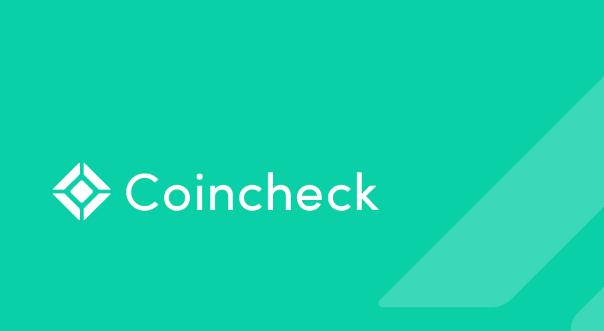What does Coincheck Exchange mean?
- 王林Original
- 2024-08-16 12:38:02549browse
Coincheck is a Japanese cryptocurrency exchange founded in 2014. It is licensed by the Japan Financial Services Agency and supports multiple cryptocurrency transactions and adheres to strict regulatory requirements. It is one of the largest cryptocurrency exchanges in Japan with global trading volume. Ranked high among.

What is Coincheck Exchange?
Coincheck is a Japan-based cryptocurrency exchange established in 2014. It was one of the first Japanese platforms to accept fiat currencies for buying and selling cryptocurrencies.
Details
- History and Background: Coincheck was founded in 2014 as a cryptocurrency wallet provider. In 2017, it received a license from the Japan Financial Services Agency (FSA) to become an official cryptocurrency exchange.
- Supported Cryptocurrencies: Coincheck supports multiple cryptocurrencies, including Bitcoin (BTC), Ethereum (ETH), Ripple (XRP), Litecoin (LTC), and Bitcoin Cash (BCH).
- Trading functions: The exchange provides spot trading, leverage trading and staking services. It also has an advanced trading platform called Coincheck Pro that provides professional traders with more advanced features.
- Fiat Currency Support: Coincheck supports multiple fiat currencies, including Japanese Yen (JPY), United States Dollar (USD), Euro (EUR), and Korean Won (KRW).
- Security and Regulation: Coincheck complies with the Japanese government’s strict anti-money laundering and know-your-customer regulations. It also employs multiple layers of security measures to protect user funds, including cold storage, multi-factor authentication, and distributed denial of service (DDoS) protection.
- Market Share: Coincheck is one of the largest cryptocurrency exchanges in Japan and ranks high in global cryptocurrency trading volume.
The above is the detailed content of What does Coincheck Exchange mean?. For more information, please follow other related articles on the PHP Chinese website!
Statement:
The content of this article is voluntarily contributed by netizens, and the copyright belongs to the original author. This site does not assume corresponding legal responsibility. If you find any content suspected of plagiarism or infringement, please contact admin@php.cn
Previous article:Bitcoin Briefly Dips Below $56,000 Before Marking a Slight Recovery Above $57,000Next article:Bitcoin Briefly Dips Below $56,000 Before Marking a Slight Recovery Above $57,000

